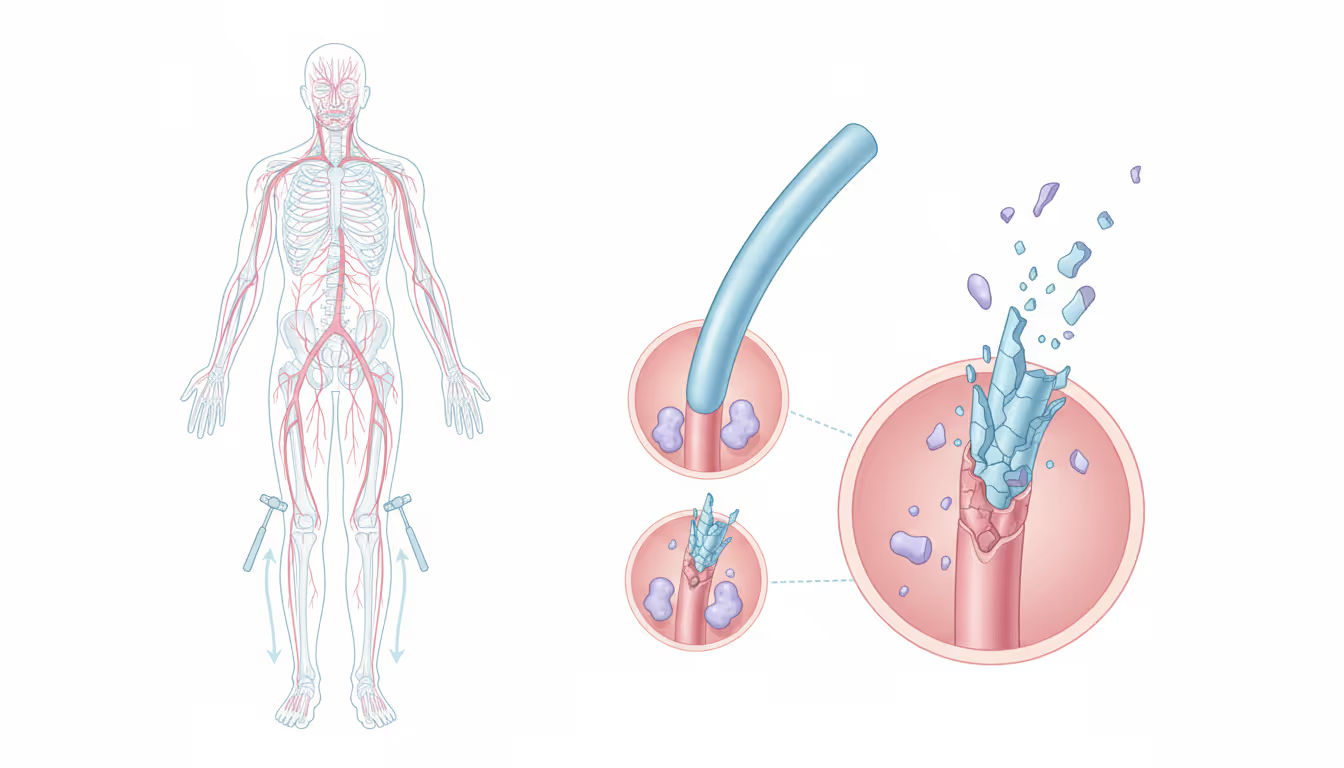
Acute idiopathic polyneuritis, commonly referred to as Guillain-Barre syndrome, is a condition marked by progressively symmetrical weakness and diminished reflexes, typically starting in the legs. Most individuals experience full or nearly full recovery. Unlike some other illnesses, Guillain-Barre syndrome does not present with fever. The condition involves paralysis affecting multiple limbs, most often beginning in the legs, and this paralysis tends to worsen over time. Patients exhibit either a complete absence of reflexes (areflexia) or reduced reflexes (hyporeflexia) in both the legs and arms. It is essential to exclude other conditions that might resemble Guillain-Barre syndrome. This syndrome is caused by an autoimmune response that leads to the direct damage of the myelin sheath covering peripheral nerves or the nerve axons themselves. At times, certain events can trigger the syndrome, such as vaccinations. Vaccines previously linked to Guillain-Barre syndrome include the swine flu vaccine (1976-1977), the oral poliovirus vaccine, and tetanus toxoid. In addition to vaccinations, infections with Campylobacter jejuni bacteria and certain viral infections can also precipitate Guillain-Barre syndrome.




